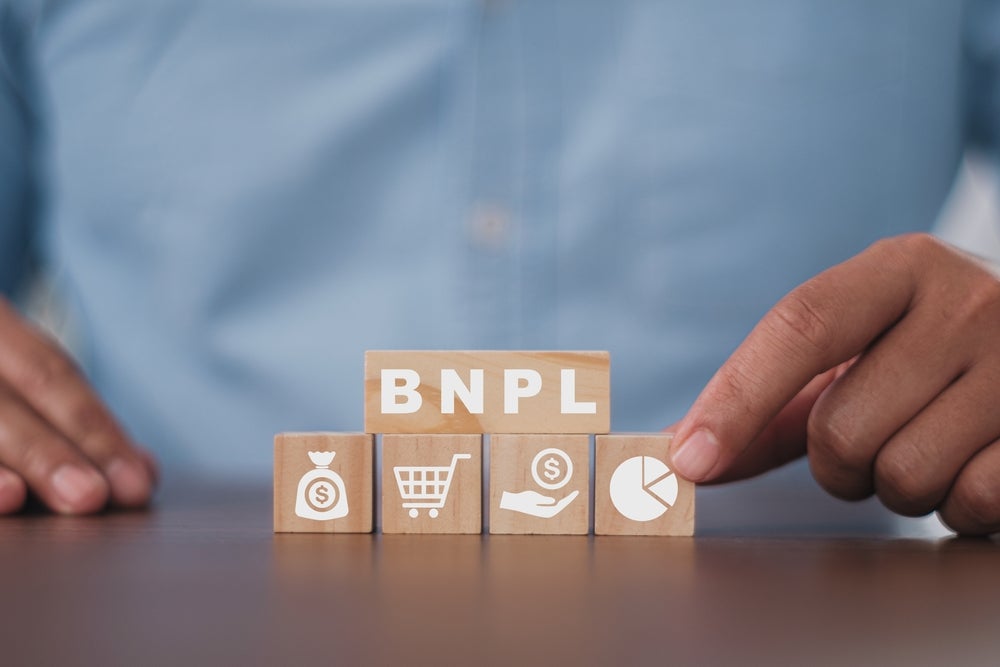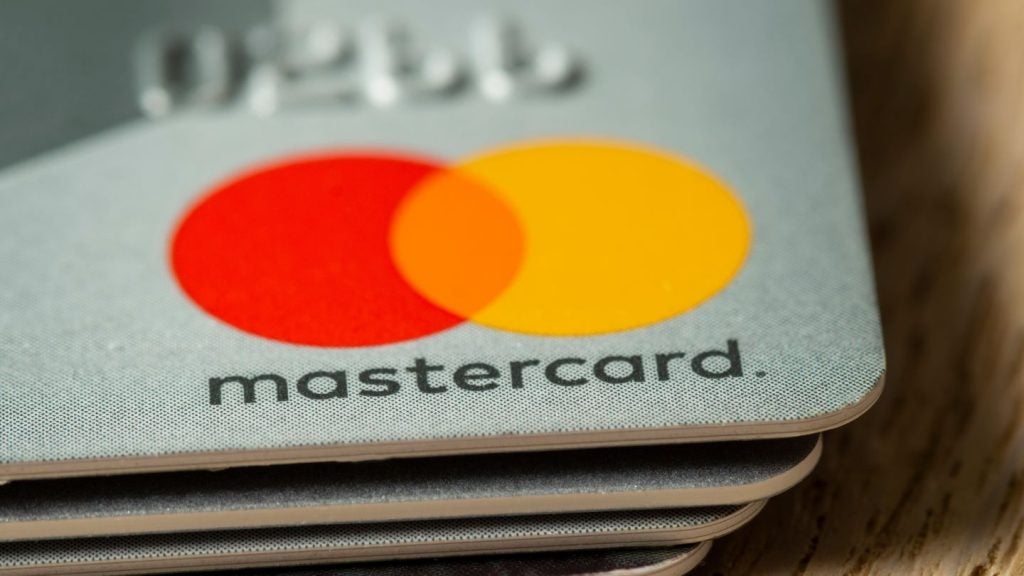The BNPL outfit Laybuy’s UK adventure has at least been consistent-a disaster from the start. It raised $27m back in 2021 to target the UK market. At the time, Laybuy Managing Director Gary Rohloff told RBI that the firm had already experienced strong growth in the UK.
“This capital raise is an important step for Laybuy. It enables the company to continue its strong momentum and to capitalise on the significant growth opportunity in the UK market. We believe this will maximise shareholder value in the longer term,” he told me.
Maximising shareholder value is not now part of the Laybuy vocabulary. It is now reportedly existing the UK and looking for a buyer. Good luck with that project.
Rohloff, has to be fair, always been accessible, quotable and likeable. He told RBI in a video interview in 2021: “We have a path to profitability and the base to continue to grow in our existing markets.” He never found that path.
This column-and indeed the market-was less convinced based on the firm’s performance and the market dynamics of BNPL.
Last January, Laybuy announced plans to delist from the Australian Securities Exchange (ASX) after its value plummeted.
Laybuy: lost 98% of its valuation since IPO
And then last February, in another video interview with RBI, Rohloff shrugged off the market hammering and said there would be no change in strategy. Now it seems that Laybuy will delist from New Zealand’s growth business-specific stock exchange Catalist and end its time on the public markets. It had raised around $51m through its IPO in August 2020 at a valuation of around $230m. Today, Laybuy is worth around $5.4m on the Catalist exchange and so has lost 98% since it peaked.
News of Laybuy’s latest issues coincided this week with the much-predicted launch of the Klarna credit card in the US. In doing so, it is copying Zip and Afterpay.
For longer than I care to remember, this column has forecast that if BNPL outfits are to have any chance of survival, they will need to turn to traditional consumer finance products.
And you can bet they will not be cheap. Zip Pay allows a credit limit of up to $1,000. That comes with a monthly account fee of $9.95. So, the consumer pays $120 just to run the account to get a very low credit limit. These outfits have no option but to be expensive, given the segment of the market they target. And then there is funding costs. They must fund the gap between paying merchants and being paid by consumers, say an average of 28 days on BNPL, but higher for lending products.
The irony is that Klarna and the others, since their foundation, have hammered away in all of their marketing, to bash the credit card.
The so-called credit card killers launch their own credit cards
Indeed, all of the BNPL outfits claimed that they would destroy credit cards. They did not land a blow. They said that they would ‘overtake banks’. In their dreams. And they said they were offering a more consumer friendly option for young customers in particular.
Now Klarna is launching its own credit card, the very product it claimed was in terminal decline.
“It was one of our most asked for products,” David Fock, Klarna’s chief product and design officer, told TechCrunch, in an exclusive interview, discussing the Klarna credit card.
Perhaps he has noted that credit card balances and transactions volumes are not actually falling in response to the surge in BNPL usage. If he has noted, some PRs who persist in spouting nonsense about cards and BNPL, assuredly have not.
UK Finance releases credit card stats for January
Just yesterday, UK Finance reported that there were 347.9 million credit card transactions in January, 8.4% more than in January 2023. The total spend of £20.4bn was 8.4% higher than January 2023. Outstanding balances on credit card accounts have grown by 9.4% over the twelve months to January. Meantime in the US, credit card transactions and credit card debt are at a record high.
So, one might have thought we would be spared, even for a few days, any more guff from PRs that seemingly do not look at card stats, about credit cards being in decline. Not to be. In the week of Laybuy’s UK fail and on the day of Klarna giving in to the inevitable and launching a credit card and a mere three hours after UK Finance released its latest numbers, another PR release hit the inbox.
Gems include a reference to ‘cards decreasing in popularity…why offering BNPL at checkout is a no-brainer.’ Quite bizarre – but sadly consistent and predictable.








